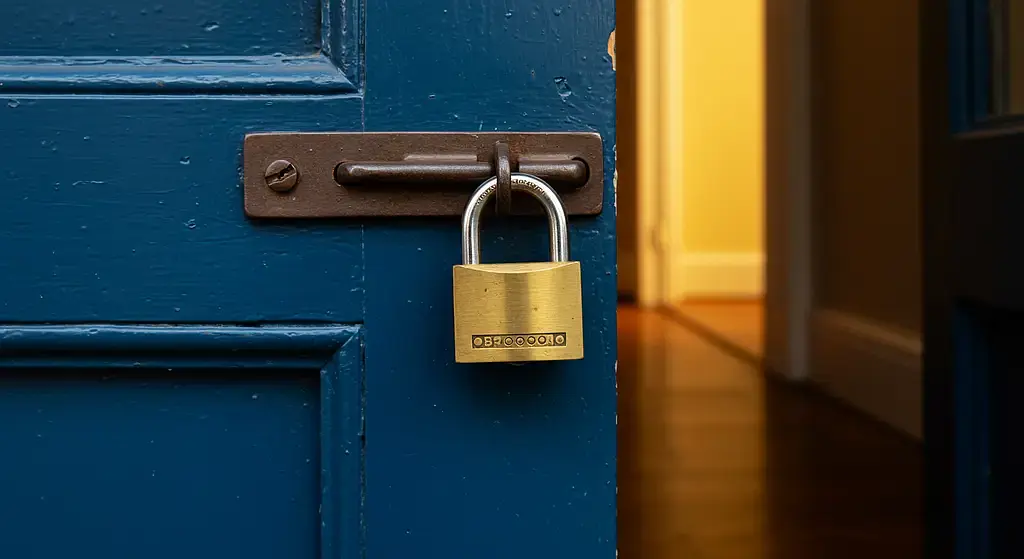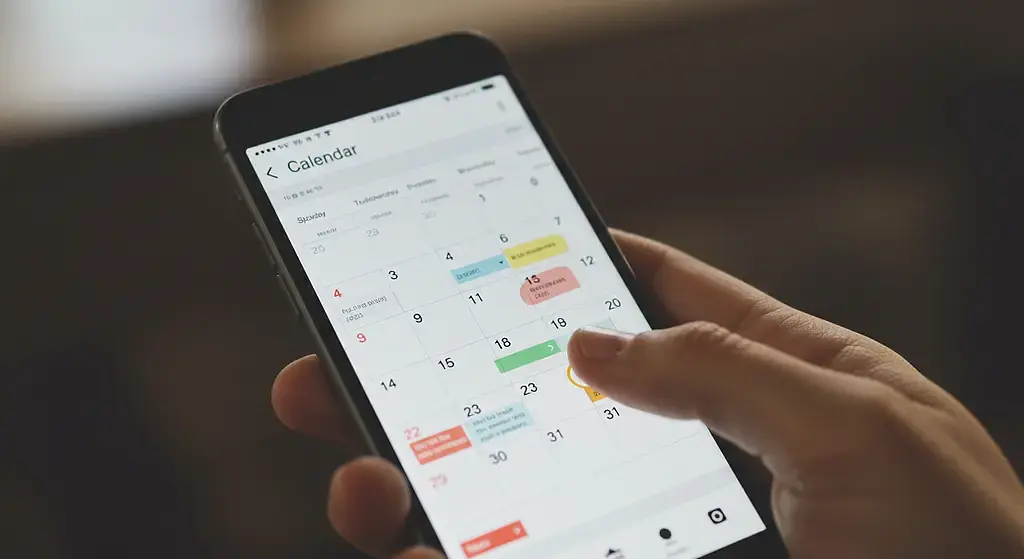Can A Tenant Refuse An Open House?
Wondering if a tenant can legally refuse an open house? This guide breaks down exactly what real estate agents need to know about tenant rights, access laws, and how to navigate showings without landing in legal hot water.

Written by Seth Cox
May 27, 2025 / Open house marketing
Across the United States, tenants have a legal right to privacy and quiet enjoyment—even during a sale. If you mishandle showings, you risk more than just a strained relationship with the renter; you could face legal challenges, delayed deals, or even lawsuits.
This guide explains what real estate agents need to know about tenant rights, notice requirements, and the best practices for conducting open houses in occupied homes. Drawing from national standards like the Uniform Residential Landlord and Tenant Act (URLTA) and insights from sources such as Avail, Justia, and Investopedia, we’ll show you how to host legally compliant, respectful open houses that avoid friction.

Understanding Tenant Rights During Open Houses
Tenants are not required to leave during an open house. Pressuring them to vacate or imposing policies that suggest they must do so could violate their legal rights. As Justia notes, tenants are protected from excessive or poorly communicated intrusions.
Respecting tenant rights is not only a legal obligation—it’s good business. When tenants feel respected, they’re more likely to cooperate, which helps keep deals moving smoothly.

Can a Tenant Refuse an Open House?
Generally, tenants must allow access when proper notice is given and the showing is scheduled reasonably. According to URLTA, landlords and their agents must provide at least 24 hours’ notice and schedule access during reasonable hours. If these conditions are met, tenants are expected to allow showings.
However, if showings are excessive, poorly timed, or not communicated clearly, tenants may have valid grounds to object. Frustrated tenants may refuse access—even if doing so isn't fully supported by law—which can delay your sale or lead to legal issues.
Tenant cooperation is not guaranteed. Realtors must earn it through professionalism, clear communication, and flexibility.
Notice Requirements for Open Houses in Rental Properties
Most states require at least 24 hours' written notice for non-emergency access, including open houses. Some states allow for different notice periods or use the standard of "reasonable notice." URLTA recommends written notice and entry only during reasonable hours.
The California Department of Consumer Affairs and platforms like Avail emphasize clearly stating the date, time, and reason for entry. Digital notices, posted signs, or tenant portal messages may be acceptable depending on lease terms.

How to Schedule a Successful Open House with Tenants
Even if legally permitted, never schedule an open house without coordinating with the tenant. A public event invites foot traffic and disrupts daily life far more than a standard showing. Give more than the minimum required notice and listen to any concerns the tenant raises.
Related: The Best Times To Hold An Open House In Real Estate
Avoid scheduling open houses during mornings, late evenings, or mealtimes. Midday weekends may work best—but only if the tenant agrees. Don’t assume they’ll leave. Clarify expectations, and never pressure them to vacate.
Provide a summary that includes:
- Date and time of the open house
- Duration
- Accessible areas
- Security and privacy protocols
How to Encourage Tenant Cooperation for Open Houses
Start by acknowledging the inconvenience. Approach tenants respectfully, and communicate early. Many conflicts start because tenants feel disrespected or blindsided.
Offering incentives can help. A modest gift card, rent discount, or professional cleaning service can go a long way toward gaining cooperation. These gestures show you respect the tenant’s time and space.
Be transparent about what the open house involves: how many people might visit, how long it will last, and what safety measures you’ll have in place. If the tenant feels informed and respected, they’re much more likely to support your efforts.
What to Do If a Tenant Refuses an Open House
Document all communications and notices. Revisit the lease—some include clauses about property access, and others may not explicitly mention open houses. Try mediation or offer a compromise, like limited private showings instead of a full public open house.
Ultimately, the landlord may need to step in, especially if legal clarification is required. Never force entry or create conditions that could lead to legal claims.

Avoiding Legal Trouble During Open Houses
Always provide written notice and keep records. Schedule events during reasonable times. Avoid holding multiple open houses in a short span—even with notice, tenants may claim harassment if they feel overwhelmed.
Never imply that tenants must leave or move their belongings unless they offer. Courts take tenant rights seriously, especially when disruption feels excessive.
When in doubt, consult legal counsel or property management experts. Prevention is better than reaction.
Related: What the NAR Settlement Means For Open Houses
Final Thoughts: Balancing Tenant Rights and Real Estate Marketing
Build trust early, communicate clearly, and follow all notice requirements. If you make the process easy for the tenant, they’ll often return the favor.
Professional agents who manage this well stand out. They avoid legal pitfalls, protect client relationships, and close deals faster. And with tools like Showable, you can streamline the open house experience from sign-in to follow-up—while respecting everyone involved.
Handled the right way, tenant rights don’t block your progress—they prove your professionalism.






